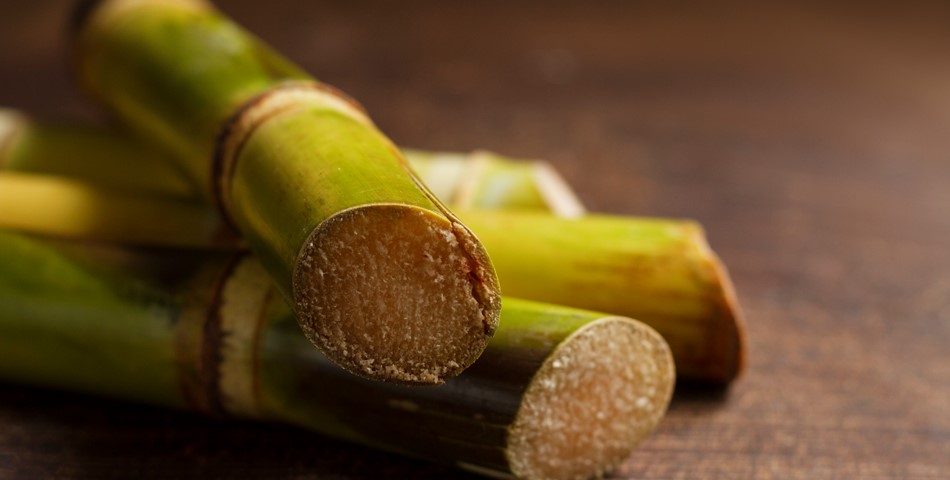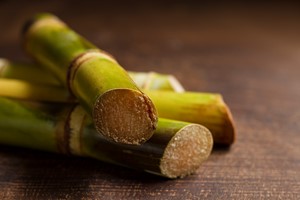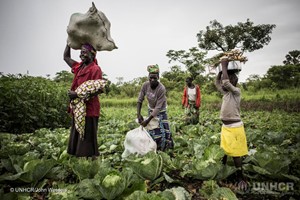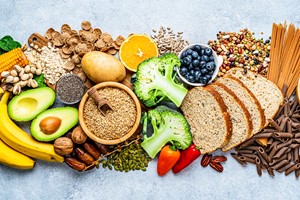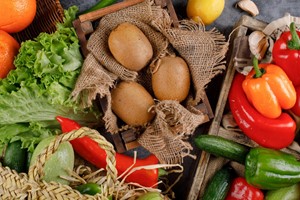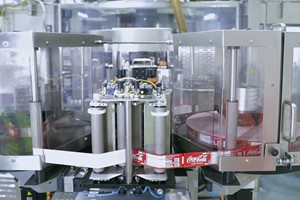In a bid to foster economic and environmental sustainability, experts advocate for the diversification of products derived from the sugarcane industry, particularly emphasizing the potential of bagasse, a by-product of sugar production. Professor Narendra Mohan, Former Director of the National Sugar Institute in Kanpur, underscores the importance of utilizing bagasse for an array of value-added products, ranging from bio-energy to high-value chemicals.
Traditionally known for its role in producing bio-electricity, 2G ethanol, and compressed biogas (CBG), bagasse is now gaining traction in various industries such as pulp and paper, chemical, nutraceutical, electronics, and food production. Additionally, its application in the manufacturing of compostable tableware and packaging materials aligns with the growing consumer preference for eco-friendly alternatives.
With a decline in steam requirements in sugar factories, surplus bagasse presents an opportunity for the development of niche products. While some ventures require further research and technological advancements, others are readily marketable, reflecting a shift towards sustainable practices in industries worldwide.
The demand for particle board, driven by factors such as construction, furniture, and infrastructure needs, has prompted exploration into alternative materials like bagasse. Similarly, the rising preference for biodegradable packaging materials has spurred the production of disposables and tableware from bagasse, catering to sectors ranging from quick-service restaurants to railway services.
Bagasse, composed primarily of cellulose, hemicellulose, and lignin, offers a versatile resource for the production of dietary fiber, bio-chemicals, paper, and particle board. Moreover, the untapped potential of bagasse lignin holds promise for manufacturing high-value chemicals and additives for industries like cement.
Market projections indicate significant growth potential, with the global biodegradable tableware market expected to reach $4,355.1 million by 2026, driven by consumer awareness and regulatory measures favoring eco-friendly solutions. Similarly, the market for lignin-based high-value products is forecasted to grow at a rate of 3.42% from 2018 to 2023, with Europe leading the charge.
In fostering this innovative approach, Professor Mohan emphasizes the importance of entrepreneurial initiatives and startup ventures. By embracing a proactive attitude towards sustainability, stakeholders can transform the sugarcane industry into a hub of innovation, driving economic prosperity while safeguarding the environment.
chinimandi.com




